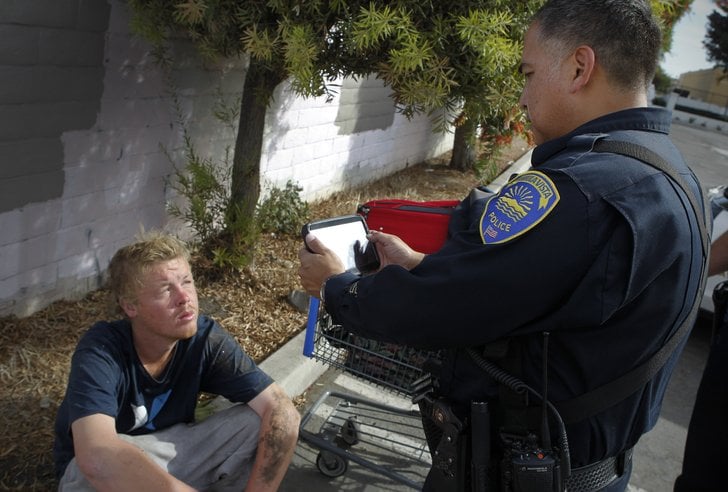Colorado’s legalization of recreational marijuana has reopened the drug policy debate, with some states contemplating similar legislation
Liberal Marijuana Legislation Shows Economic and Social Benefits of Legalization
Colorado’s new marijuana policy is a progressive move to increase tax revenue and shows a sense of practicality in regards to the state’s recreational consumption of pot.
Colorado voters are wise to realize that the money spent enforcing laws against marijuana is not well spent. In 2012, the United States had 749,825 federal arrests for marijuana law violations, while 658,231 were for possession. These numbers represent significant amounts of time and effort of law enforcement put into punishing people for possession, use and cultivation of a drug that has not been proven to be particularly harmful.
The new law finally allows the state to profit from taxing all weed sold in Colorado. According to the Colorado Department of Revenue, Colorado was able to gain $9.1 million in tax revenue from the $326 million generated by the sale of medical marijuana in 2013. Researchers at Colorado State University predict that revenue from marijuana tourism could potentially reach $606 million in taxable sales in 2014 alone. The large sum of money generated from taxing the drug in a similar fashion to alcohol and cigarettes could, in turn, be used for improving state programs like education and infrastructure.
Contrary to arguments that legalizing marijuana will increase drug use and dependency among minors, other countries have adopted legalization without experiencing such problems. In the 20 plus years since marijuana has been legal in the Netherlands, there has been no dramatic escalation in the use and consumption of the drug. According to the Drug Policy Alliance, the rates of marijuana use in the Netherlands for different age groups are similar to those in the United States, but for adolescents, rates of marijuana use are actually lower in the Netherlands than in the United States.
While it’s unclear how legalization will play out in the rest of the United States, marijuana’s international track record suggests a likely positive outcome for Colorado.
— Charu Mehra
Staff Writer
Widespread Acceptance of Marijuana Use Has Several Detrimental Effects
As the first state to legalize both the sale and use of marijuana, Colorado’s new policy is an important gateway to the integration and stabilization of recreational marijuana in American culture. Colorado’s first steps will not only strongly influence future government policies regarding legalized medical and recreational marijuana in the United States, but can negatively impact future generations’ use and views of the drug.
On Dec. 30, 2013, The Huffington Post reported that after a positive review on the Marijuana Control, Legalization and Revenue Act from California Attorney General Kamala Harris, a California initiative to legalize the use and sales of weed might come to the 2014 ballot. Similarly, Mason Tvert of the Marijuana Policy Project notes that pro-recreational marijuana state initiatives are expected in 2016 by Alaska, Arizona, Maine, Massachusetts and Nevada, showing that legalization of the drug in the United States may become a nationwide trend in 2014.
And legalization will only increase adolescents’ accessibility to the drug. Though pot is less harmful than already legal substances like alcohol and tobacco, cannabis is not without its own set of health and safety drawbacks for adolescents. According to the American Medical Association, early use of cannabis by adolescents impairs neurobiological performance, while heavy users display “increased rates of anxiety, mood and psychotic thought disorders.” While Colorado’s regulations limit sales to individuals over the age of 21, it’s naive to believe that marijuana won’t assimilate itself into American culture in a similar fashion to alcohol amongst teens and college students. The AMA also notes that weed is also the most common illicit drug involved in drugged driving, particularly used by those under 21.
Although Colorado is simply a testing ground for regulated marijuana sales, the unprecedented policy has sparked discussions to legalize recreational pot in other states. The decisions will ultimately come down to voters in each state, but individuals should consider the cultural implications of legalizing weed before glorifying projected tax revenue and new tourist locations.
— Yan Gao
Staff Writer








